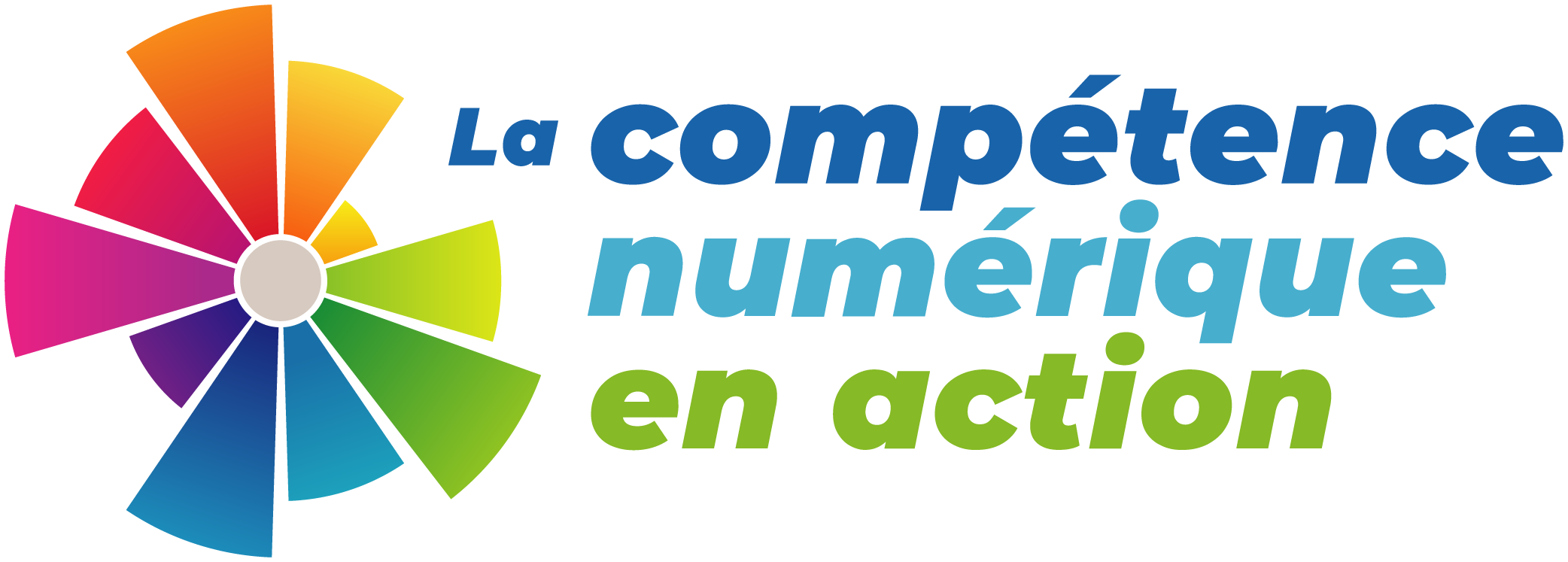
In Québec, there are both French and English RÉCIT services. Each school board has their own local RÉCIT consultant and each subject area has a Provincial RÉCIT service. The Anglophone community also has a team of LEARN-RÉCIT consultants to support the integration of technology across the curriculum. They contribute to and support professional development in line with Québec’s Digital Action Plan.
2023-2026 Mandate: RÉCIT Provincial Service for the Anglophone
The mandate is to provide support and accompaniment services to the Anglophone school network personnel in the integration of digital technology into the school’s mission. This is achieved through accompaniment, training, collaboration and consultation in response to the needs of the network, in partnership with stakeholders in the educational ecosystem, and ministerial orientations, notably the strategic plan and the Cadre de référence de la compétence numérique, as well as research data.
Target clientele
The teaching and professional staff of all Anglophone school boards for the general education of the youth sector.
General Orientations of the Mandate
1. Accompaniment and Resources
Act as a resource person to support the integration of technology in teaching and learning.
Facilitate communities of practice and exchange.
Production, distribution and promotion of digital educational resources for teaching and learning in the Anglophone sector, youth sector.
2. Collaboration and Consultation
Collaborate closely with RÉCIT and MEQ officials, in particular by participating in meetings coordinated by the MEQ or in any other activities authorized by the MEQ as part of RÉCIT activities.
Develop partnerships with research institutions and organizations working in the education ecosystem.
Organize and implement actions that are consistent with those of other national RÉCIT services, as well as those of regional and local services.
Participate in professional development activities related to the mandate.
3. Outreach
Disseminate innovative projects that have an impact on the integration of technology in the education ecosystem as a whole to network stakeholders.
Develop a technology watch and share with the community
Ensure visibility of the service.
Experiment with new technologies and educational digital resources in activities related to the Anglophone community, youth sector.
RÉCIT Anglophone Network Community of Practice
Objectives :
foster a collaborative culture
make links across sectors – youth, adult ed, VT, Indigenous communities, post-secondary
respond to the specific needs of the English-speaking community
support new local RÉCITs
share best practices and collective resources
enable members to anticipate and prepare for future needs
discuss local issues related to the Digital Competency Framework
communicate through mailing list and shared documents
share documents and news from the broader provincial network – RÉCIT, CPTGIE, MEQ, various committees
Who participates?
Members of Provincial Service for the Anglophone Community (youth sector – LEARN)
Anglophone School Board RÉCIT Consultants and some ICT Consultants
Members of AGE Provincial Service (adult general education)
VT Provincial Service (vocational training)
Provincial Service for Indigenous Communities (English-speaking sector)
Role of Provincial Service in organizing the CoP
Organize meetings, shared work sessions and PD
Maintain shared drive
Keep records of shared meeting notes
Maintain the LEARN-RÉCIT mailing list
About this site:
The purpose of this website is to support the implementation of the Digital Action Plan and the Digital Competency Framework. It integrates content from sites and resources that have been built by members of the anglophone community over a number of years with the support and funding of the Ministère de l’Éducation du Québec. The themes and resources have been aligned to the 12 dimensions of the Digital Competency Framework and address a number of issues that have emerged in the decade since the initial projects were launched.
We hope that this site and its resources can build on the great work that was accomplished over the years.
We would like to acknowledge the legacy of the Inquiry Process/Processus de recherche, Digital Citizenship/Citoyenneté numérique, and Learn and Lead/Apprendre et guider Projects.










